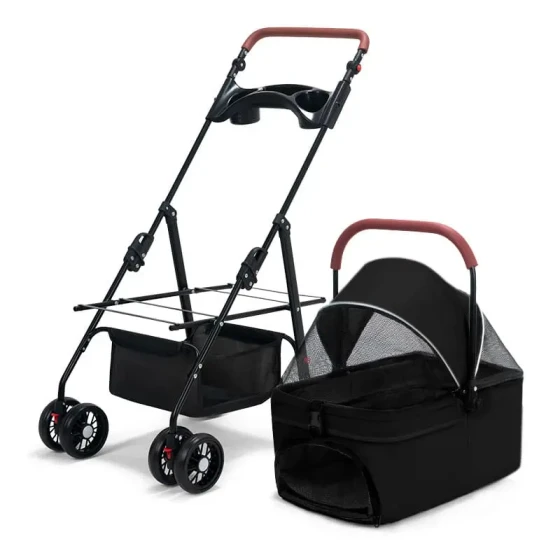Don't Mess with Me, I Will Bite You

Shandong Lion Cat
As the saying goes, a cornered dog will jump over the wall, and even a cornered rabbit will bite people. Animals exhibit various reactions when sensing danger; some are timid and hesitant, while others confront it head-on. Although cats are elegant, they also have a fierce side.
When encountering an enemy, whether timid or strong, cats send the message "Don’t come any closer, don’t attack me." However, if the opponent ignores all warnings and keeps approaching, the cat will launch an active attack. To protect themselves, attacking proactively becomes the only choice.
A timid cat that curls its body into a ball will, on the edge of fear, have the determination to "attack the enemy head-on." This means maintaining a crouched posture, suddenly issuing a warning hiss, followed by extending its sharp claws. If the enemy continues to approach, the cat will abandon all restraint and bite wildly. As the saying goes, "a cornered dog will jump over the wall," so of course, a cornered cat will bite people or other cats.
A strong and intimidating cat will aggressively initiate an attack, saying, "Didn't I say?! If you come closer, I'll show you!" In other words, these cats do not wait for the enemy's challenge but proactively launch the offense, pouncing and biting the opponent.
Whether a timid fearful cat or a strong intimidating one, they share the same inner feeling of fear. The difference lies in how they express that fear and cope with it—either by being timid or acting dominant. Humans are similar in that way. "The best defense is a good offense." Truly fearless and exceptionally strong people do not attack others.
When trying to comfort a wild cat hiding in the corner “full of fear,” people tend to reach out and say, "Don’t worry." They mistakenly think that a cat won’t attack when scared. But never forget, at that moment, the cat is very likely to fight back desperately. (Source:PetsZone)



